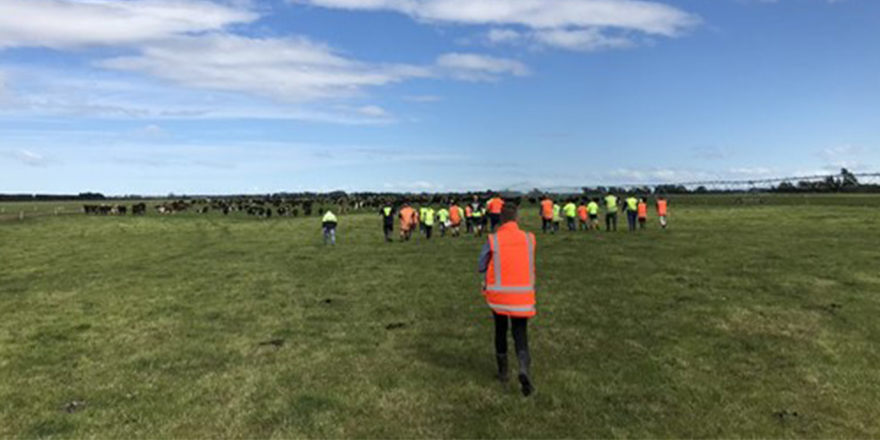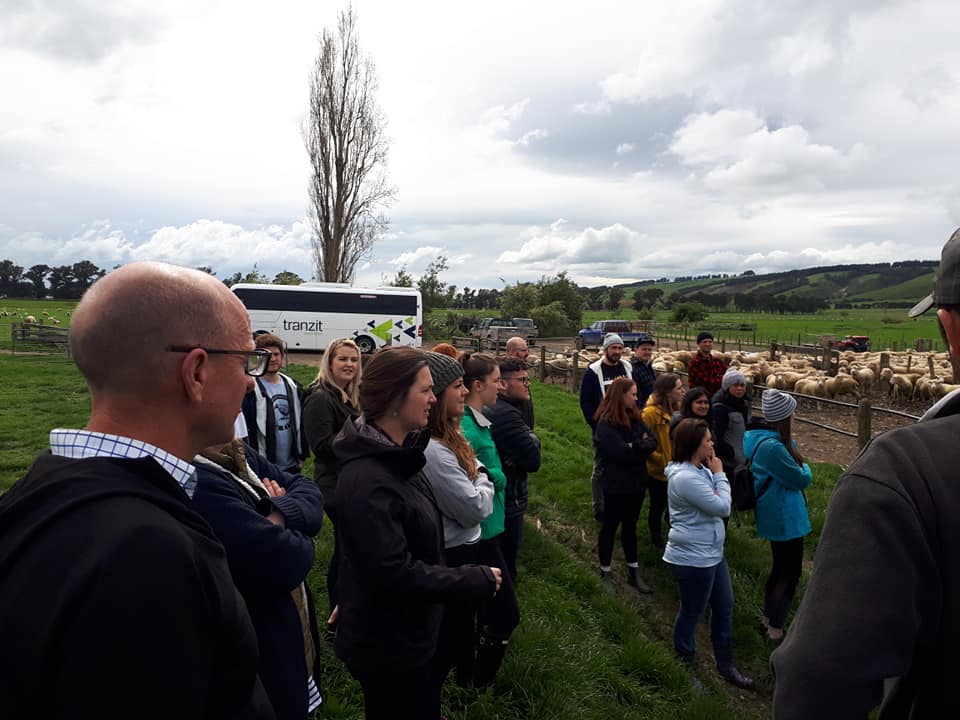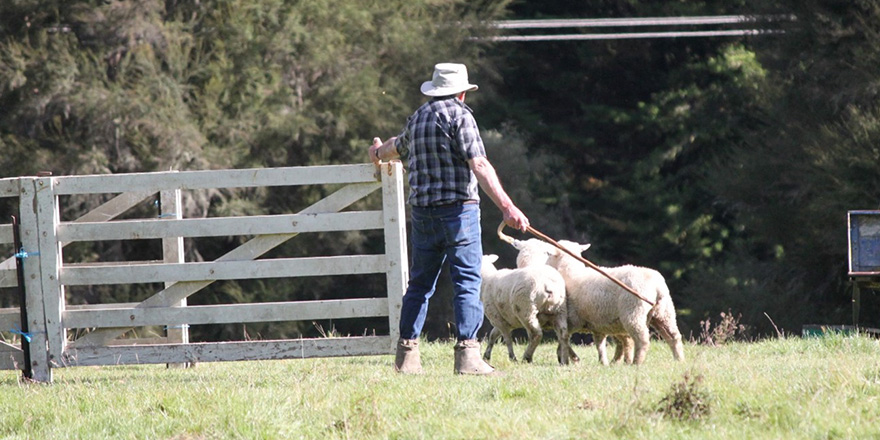
Executive Summary
Agriculture is a turbulent industry with many variables and challenges affecting different businesses throughout New Zealand. This is not new but more pressure is building to challenge one’s social license to farm, being added compliance through environmental management and climate change policies. A resilient business will overcome these challenges and be well positioned to drive direction and the strategy going forward. With current high commodity prices and low interest rates, many farmers will still struggle to be profitable, limiting their ability to access capital and restricting any opportunities for growth and the next generation. Financial literacy has a significant impact on one’s business and its profitability.
The purpose of this report is to understand the current level of financial literacy within farming agricultural sector, be it, horticulture, arable, dairy, sheep and beef sectors. It is important to measure the current level of financial acumen to understand what the barriers are impacting one’s ability to upskill, and what the implications are to farmers and their wider support networks. From understanding the barriers and implications we can then conclude with recommendations to where and how farmers, rural professionals, industry-good organisations, software providers and government bodies can help improve and upskill one’s financial literacy to create resilient businesses and a stronger economy.
In order to measure the current level of financial literacy there were two elements to the research, a survey questionnaire was undertaken interviewing farmers within four agricultural sectors along with rural professionals over similar industries. A review of historical research included industry reports and articles of relevance. The findings were compared and contrasted against the surveyed findings. Once the surveyed data was collected, a thematic analysis method was used to analyse the qualitative data. Themes that emerged became the barriers and implications within this report.
Financial literacy has shown to have only improved by 15% over the past 12 years in the sheep and beef sector. This against all measured sectors demonstrates that sheep and beef farmers continue to have the weakest financial acumen. Over all sectors, 40% of businesses are what I would call “flying blind”, with no insights regarding their current financial state or year-end 2021 performance. A further half of all businesses have no formal plan or strategy in place to direct/govern their business appropriately.
It was obvious very early within the survey that a lack of financial planning and forecasting was prevalent, the larger the variables, the weaker one’s financial literacy. For example, only 50% of sheep and beef farmers complete planning and forecasting, with many variables impacting their production and performance.
Discussion groups were however considered to add significant value to the business. Five barriers were identified to be restricting an improvement in financial literacy, these are: time, technology, education, training and rural professional support. Education is deemed the only uncontrollable factor and this has been identified by some survey respondents as being their “biggest concern”. Part of their concern is having no compulsory personal and financial management courses in the school curriculum, and their staff having weak financial acumen, such as “spending their pay cheque before they have earn ’t it’. A further concern identified is weak rural professional support with lack of honest feedback, a rural professional quoted “you can kill people with kindness”.
While these barriers restrict financial literacy and awareness, they not only impact the farmers but their supporting networks as well. Many implications were identified with profitability being the biggest impact to farmers, rural professionals, rural communities and New Zealand’s economy. Further implications include financial wellbeing; impacting health and the number of young farmers coming through into the industry. Constant rural professional changes and lack of capacity, impacts on the level of trust within the rural professional network and an organisation.
The key to creating high levels of financial literacy within a person and business is having trust; trust in themselves and trust in their network team. To gain trust people must be willing to learn and play the infinite game. “The infinite game, a game where players come and they go, there are no winners or losers, only being ahead and behind with no defined endpoint” (Simon Sinek 2019).
New Zealand farmers are known by their “do it yourself” mentality but now more than ever, farmers need to utilise or build their trusted team to create resilient businesses in times of increasing regulations and compliance. To enable this farmers must be willing to move out of their comfort zone and value their time using the $25-$100-$1,000 concept. This concept helps identify that being on farm completing day to day jobs is replaceable by staff at $25/hr. Management decisions are valued at $100/hr, whereas being prepared to strategize and plan the business direction is worth $1,000/hr. At $1,000/hr, million dollar decisions can and will be made.
Working on their business rather than in it, and seeking a second opinion will result in further insights, which ultimately impact decisions and outcomes. Farmers must also look after themselves and their financial wellbeing along with supporting the next generation with their financial skills and involve them in strategic decisions. “Empowering individuals with the knowledge of financial literacy will have a dramatic impact on societies and entire nations.
The impact of financial literacy can no longer be ignored. It is up to policy makers, educators and people with sufficient private equity, to make financial literacy a priority in our society. As awareness spreads and people make their voices heard, the impact of this skill set will no longer be overlooked. Education in financial literacy will become ubiquitous and these critical life skills will become the norm. The positive impact of financial literacy is undeniable and the sooner this movement spreads, the better off everyone will be” (financial educators council).




